We've found 1000 matches for your search. Order by
Results
-
£69.95
Prelude to The Dream of Gerontius (Score and Parts)
Estimated dispatch 7-14 working days
-
£32.95
Prelude to The Dream of Gerontius (Score Only)
Estimated dispatch 7-14 working days
-
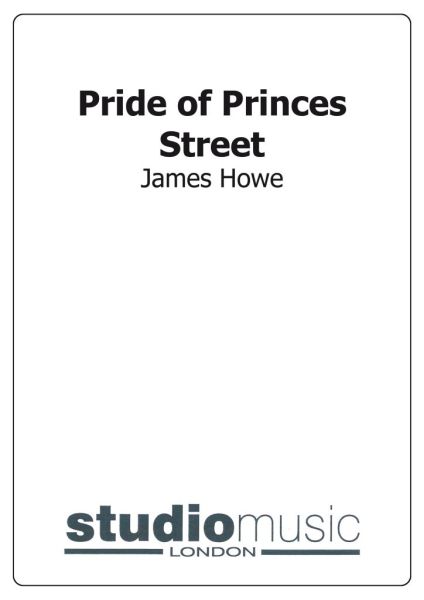 £24.95
£24.95 -
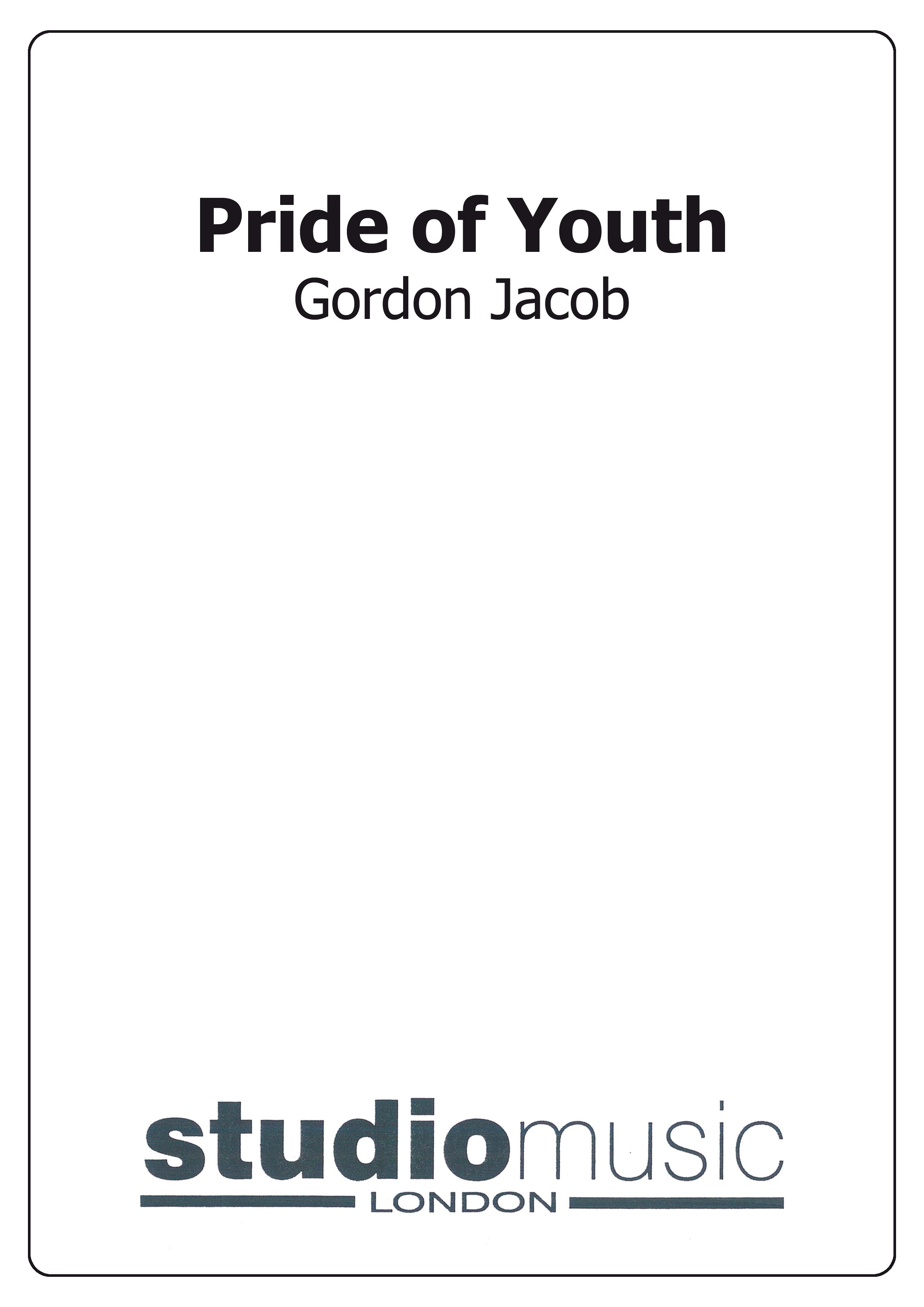 £69.95
£69.95Pride of Youth (Score and Parts)
Estimated dispatch 7-14 working days
-
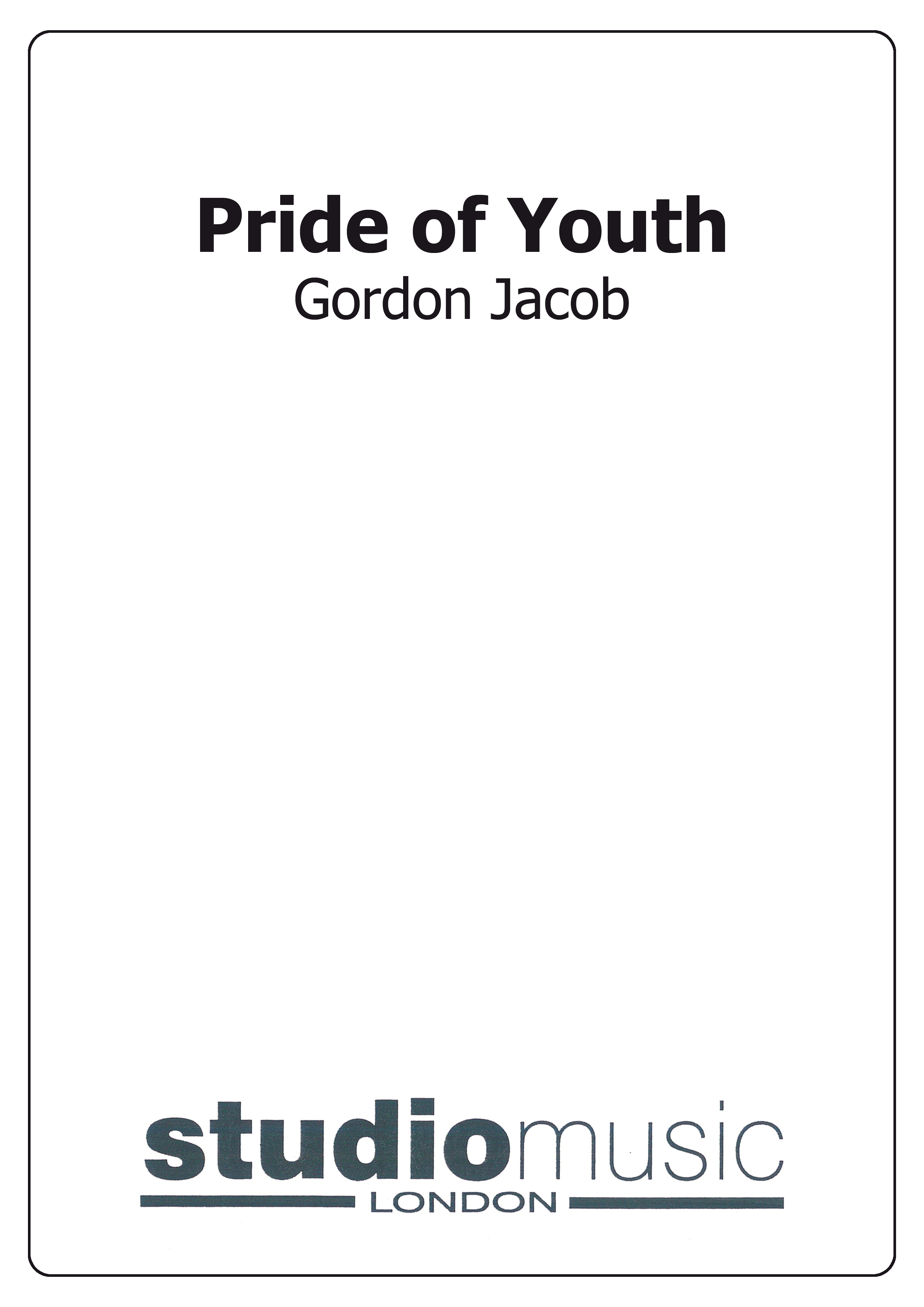 £32.95
£32.95Pride of Youth (Score Only)
Estimated dispatch 7-14 working days
-
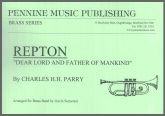 £17.50
£17.50Repton (Dear Lord and Father of Mankind)
Estimated dispatch 7-14 working days
-
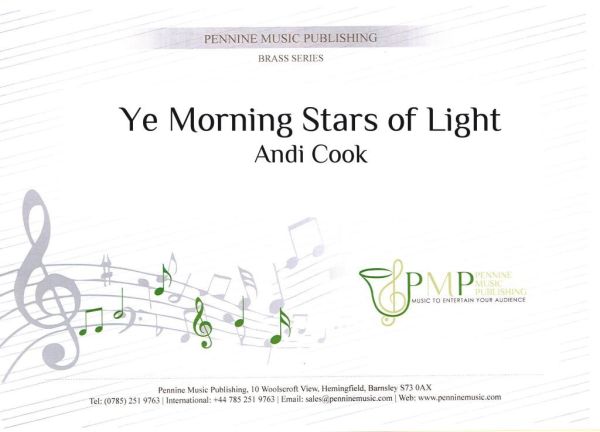 £19.50
£19.50Ye Morning Stars of Light
Estimated dispatch 7-14 working days
-
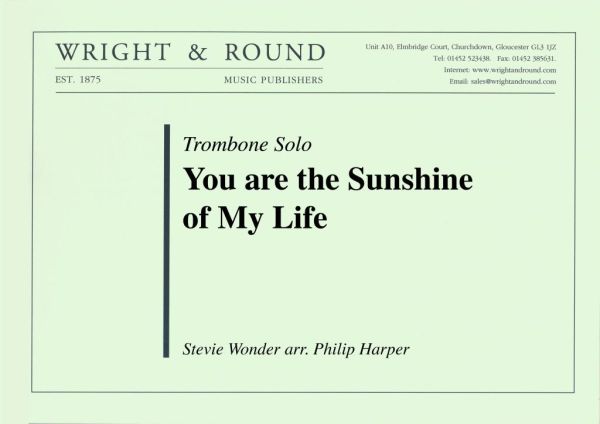 £33.00
£33.00You are the Sunshine of My Life (Score and Parts)
Estimated dispatch 7-14 working days
-
 £57.50
£57.50Barbie's World
From the blockbuster movie Barbie comes the equally sensational soundtrack album featuring an all-star lineup of performers and songwriters. This upbeat and entertaining medley for brass band includes: Barbie Dreams Barbie Girl What Was I Made For? Dance the Night.
Estimated dispatch 5-14 working days
-
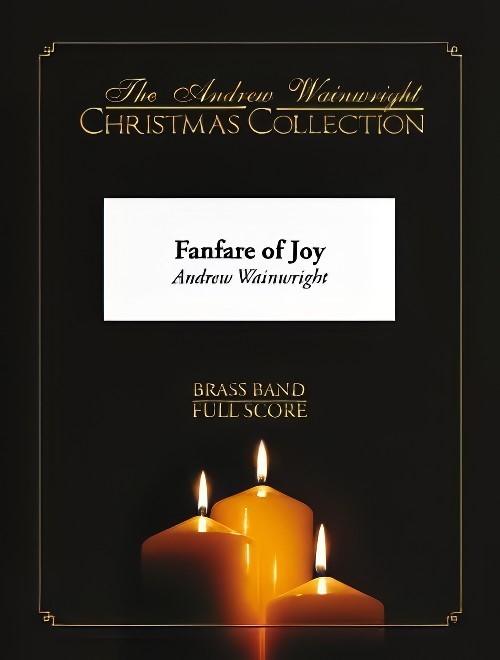 £34.95
£34.95Fanfare of Joy (Brass Band - Score and Parts) - Wainwright, Andrew
Based on 'Joy to the World' and 'The First Nowell', this spectacular work opens with a majestic brass fanfare, before breaking in a Celtic-style dance which builds to a dramatic conclusion.
Estimated dispatch 7-14 working days
